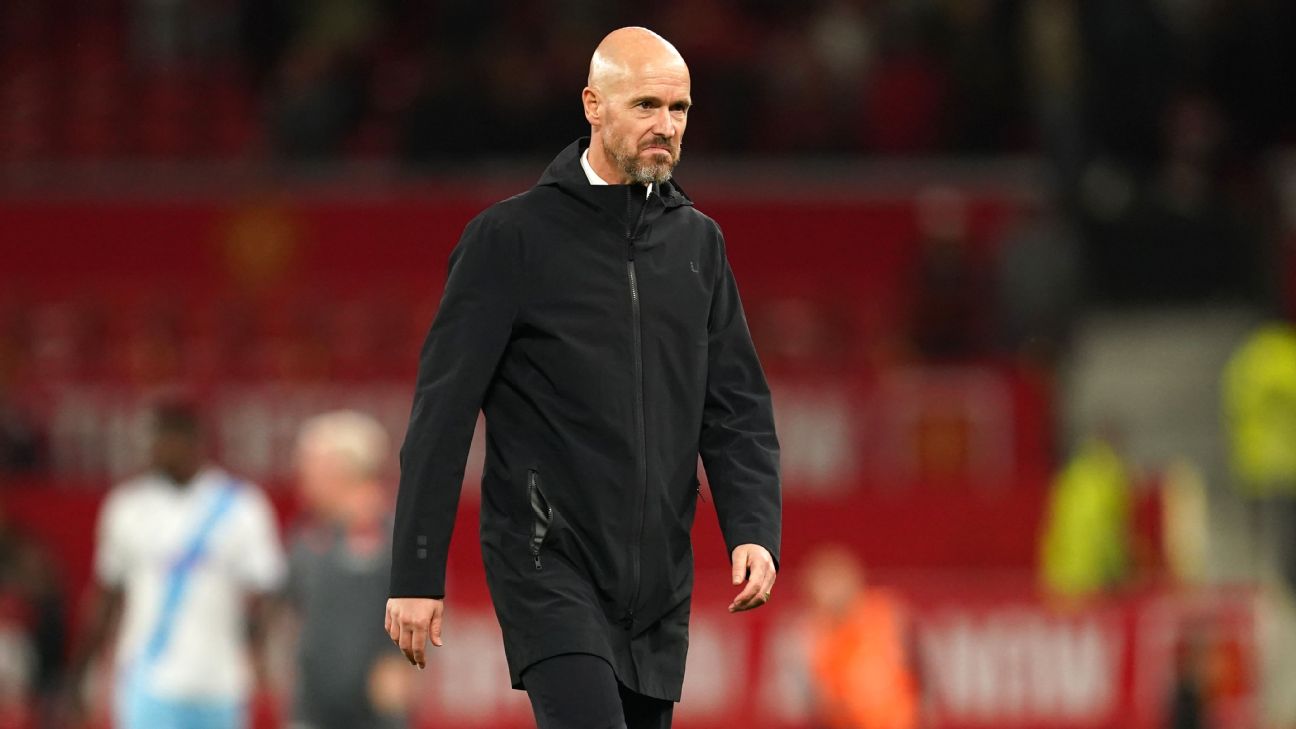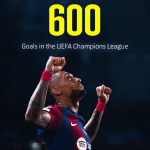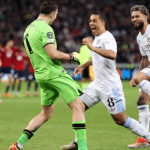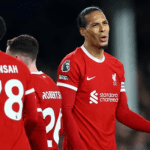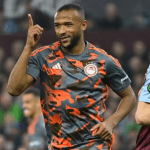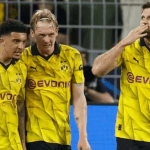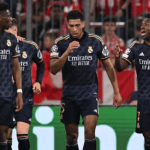The future of Erik ten Hag as manager of Manchester United is a topic of intense debate among the club’s supporters, with opinions sharply divided between those advocating for his dismissal and those arguing for his retention. Following a disappointing season marred by underwhelming performances and inconsistency, Ten Hag finds himself under scrutiny amidst growing speculation about his potential departure from Old Trafford.
The Case Against Ten Hag
Those in favor of parting ways with Ten Hag point to a multitude of reasons, including the team’s failure to secure a top-four finish in the Premier League. With United’s recent draw against Burnley effectively ruling out a top-four spot, concerns have escalated about the team’s overall league performance, potentially culminating in their worst finish in the Premier League era. Defensive vulnerabilities, exemplified by a record number of goals conceded this season, coupled with a lackluster attacking output, have further exacerbated calls for change.
Ten Hag’s tactical approach has also come under scrutiny, with critics highlighting perceived flaws in his system, which they believe overly relies on individual brilliance rather than cohesive team strategies. His involvement in recruitment decisions, notably the high-profile signing of Antony, has drawn criticism amid concerns over the player’s underwhelming impact and significant financial outlay.
The Argument for Ten Hag’s Continuation
Conversely, proponents of retaining Ten Hag argue that his tenure has been plagued by significant injury setbacks that have severely depleted the squad’s defensive stability. The manager has faced unprecedented challenges in managing an injury-ridden team, necessitating numerous makeshift defensive combinations throughout the season.
Despite these challenges, Ten Hag’s supporters point to notable improvements in attacking output, particularly since the turn of the year. The team’s entertaining style of play and increased goal-scoring prowess underscore Ten Hag’s ability to positively influence offensive aspects of the game.
Ten Hag’s Achievements and Overcoming Adversity
Ten Hag’s supporters emphasize his commendable achievements, including leading the team to three cup finals in two years and clinching the Carabao Cup in his debut season. His impact on the club’s culture and discipline, amidst high-profile off-field distractions involving star players, highlights his resilience and leadership qualities in challenging circumstances.
The Dutchman’s ability to nurture young talents like Rasmus Højlund, Kobbie Mainoo, and Alejandro Garnacho underscores his commitment to long-term squad development despite financial constraints on squad-building. Ten Hag’s tenure has coincided with significant ownership changes, adding further complexity to his managerial responsibilities.
Evaluating United’s Structural Challenges
Moreover, Ratcliffe’s acknowledgment of systemic challenges within the club’s off-field structure suggests that managerial instability alone may not resolve United’s underlying issues. Ten Hag could benefit from an improved backroom setup under the club’s new leadership, potentially enhancing his capacity to deliver sustained progress and stability.
Ultimately, the decision regarding Ten Hag’s future at Manchester United rests on a delicate balance of performance evaluation, tactical assessment, and consideration of broader structural factors. As the season draws to a close, United’s hierarchy faces a pivotal choice that could define the club’s trajectory in the coming seasons. Whether Erik ten Hag remains at the helm or departs, the ensuing decision will undoubtedly shape the club’s immediate future and aspirations for success in the Premier League and beyond.
